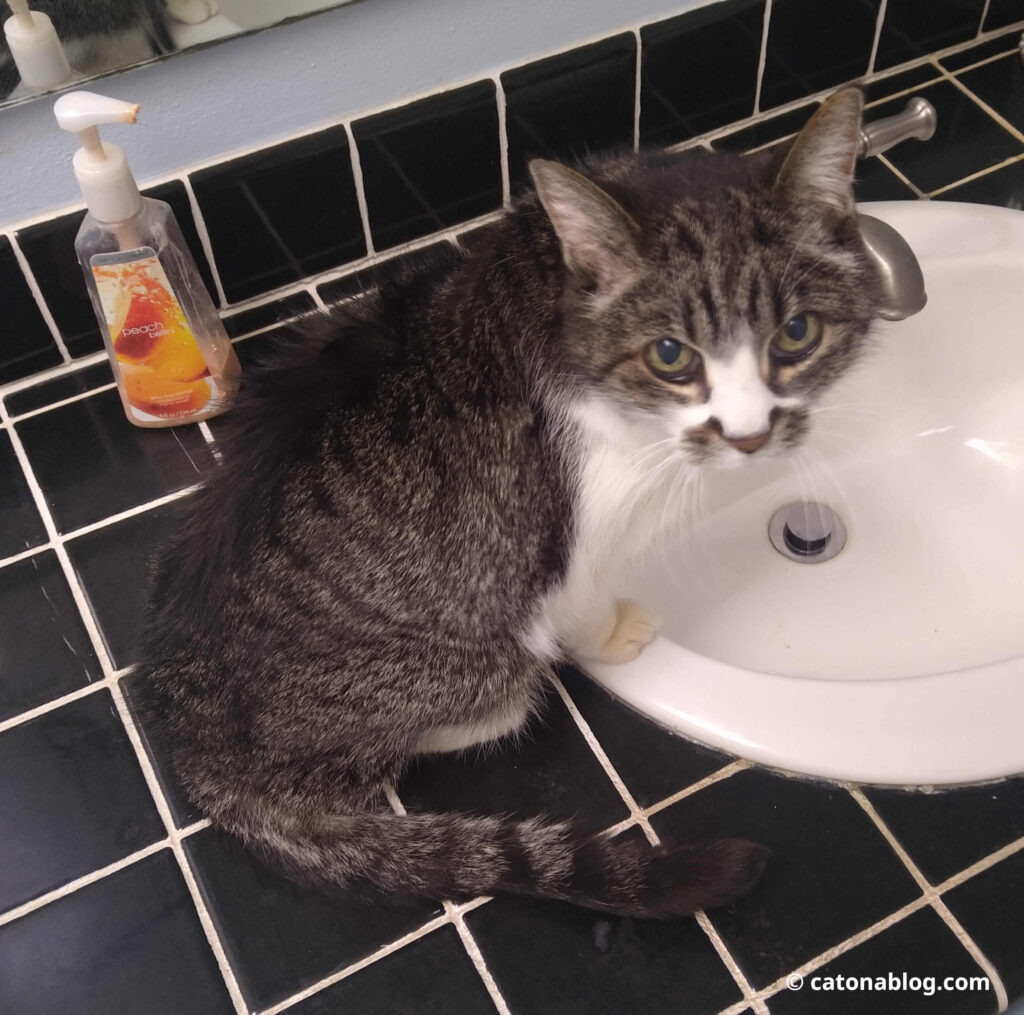
Feb 5th, 2023 Sunday Sunny
If you skim through many job posting websites, you will notice that a surprisingly high number of jobs ask for “the ability to multitask”. Of course, as a job applicant, your best strategy is to emphasize your competence in doing exactly that – multitasking, i.e. getting multiple tasks done at the same time.
But is that really true? Or is that even possible?
Human brains do not function like a duo-core CPU. A duo-core CPU has two distinct processors that work simultaneously, thus potentially producing twice as much of output in the same amount of time. Although we hope to think of human brains as superior to a computer, in the realm of “multitasking”, I find it impossible to make progress on two different tasks at exactly the same time.
Looking at my current job, you may want to argue that I AM multitasking, because obviously I have to oversee and take care of four or five programs within the same time frame. But that is an ILLUSION.
When humans “multitask”, what is really happening?
Let us say that I start task A (e.g. reviewing schedule for work shifts), and work on it for five minutes, then task B (e.g. an email that needs a response) arrives. If I continue to work on task A, then I cannot make any progress on task B, right? It is not like that I can be reviewing the work shift schedule WHILE also typing an email response. I would EITHER be looking at the schedule (task A) OR be reading and typing an email (task B). So my choice would be:
1) continuing to work on task A until it is finished, which takes another five minutes, THEN moving on to task B for five minutes to get the email sent;
2) stopping task A to work on task B, which takes five minutes to get done, THEN coming back to finish task A for another five minutes.
As a result, regardless of which option I choose, it would take me fifteen minutes in total to get both tasks done. In fact, option 2) would take longer because most people need a minute or two to figure out where they left off task A when they were interrupted, adding to the sum of required time.
So what is the benefit of “multitasking”?
In fact, there is NONE. The increase of productivity is an illusion, often at the cost of our mental well-being.
When we wrap up a task, our brain registers that “done!” signal as a reward for closure, and clears out the mental space for the next task. If there are many half-finished tasks, that reward never comes and the mental space allocated for each task gets smaller and smaller since unfinished task still occupies some space, eventually we feel overwhelmed with no more momentum to move forward.
Cats are smart creatures – instinctively they have figured out this truth: by focusing and persisting on ONE task, there is nothing that cannot be achieved.
Here is Lyn, meowing and begging for tap water for over one hour. Much as I wish she could get distracted and just go eat some pate, she never wanders away from the sink until she gets her request fulfilled even if I put her food plate in front of her as temptation. As soon as she gets her tap water fix, she would walk away with satisfaction and cause trouble somewhere else (usually demanding lunch or pleading for lap time). ?
I should remind myself to be more like Lyn. After all, she seems never stressed and takes in life in her own pace, while also getting everything she wants, right? 😛